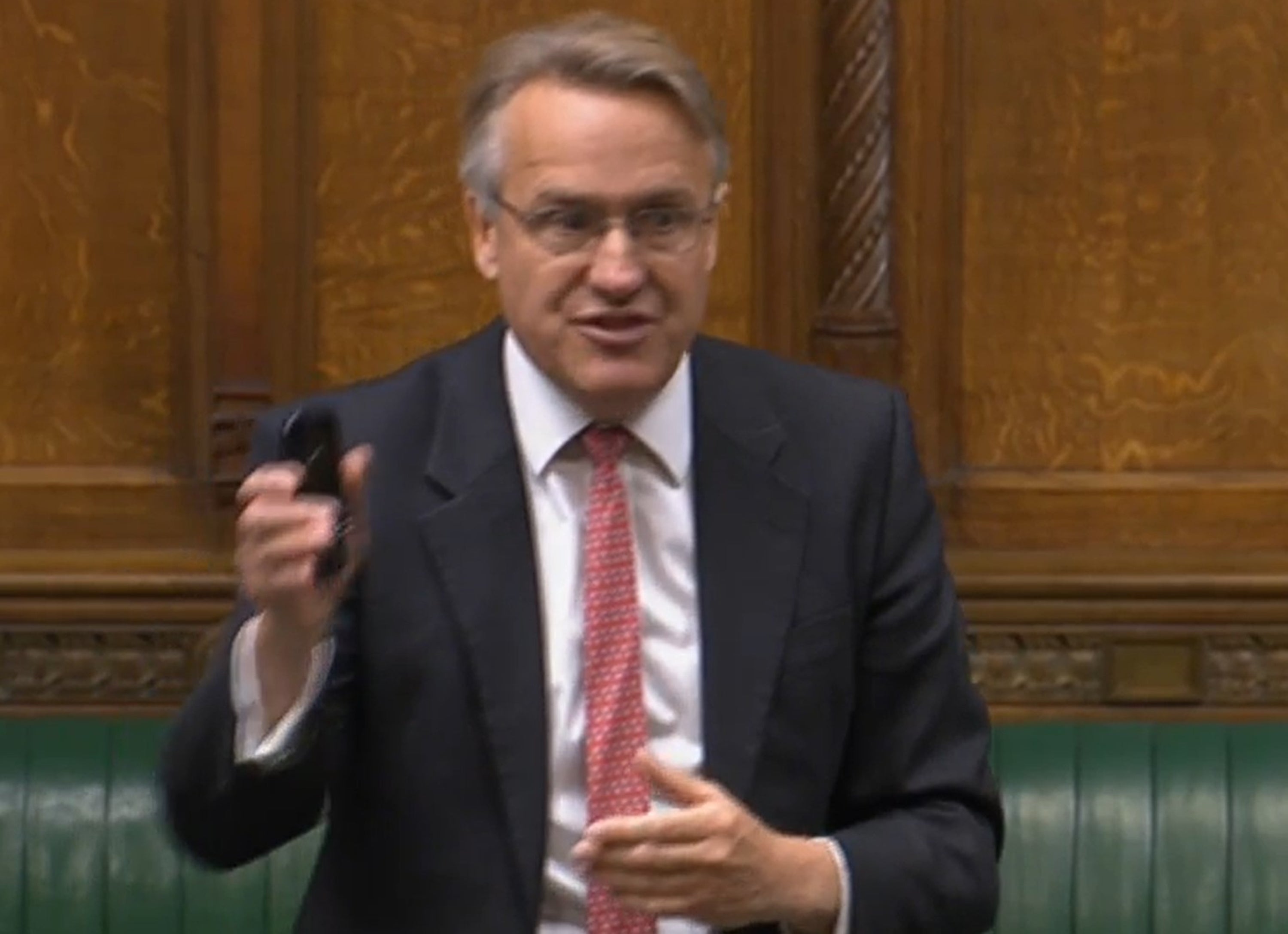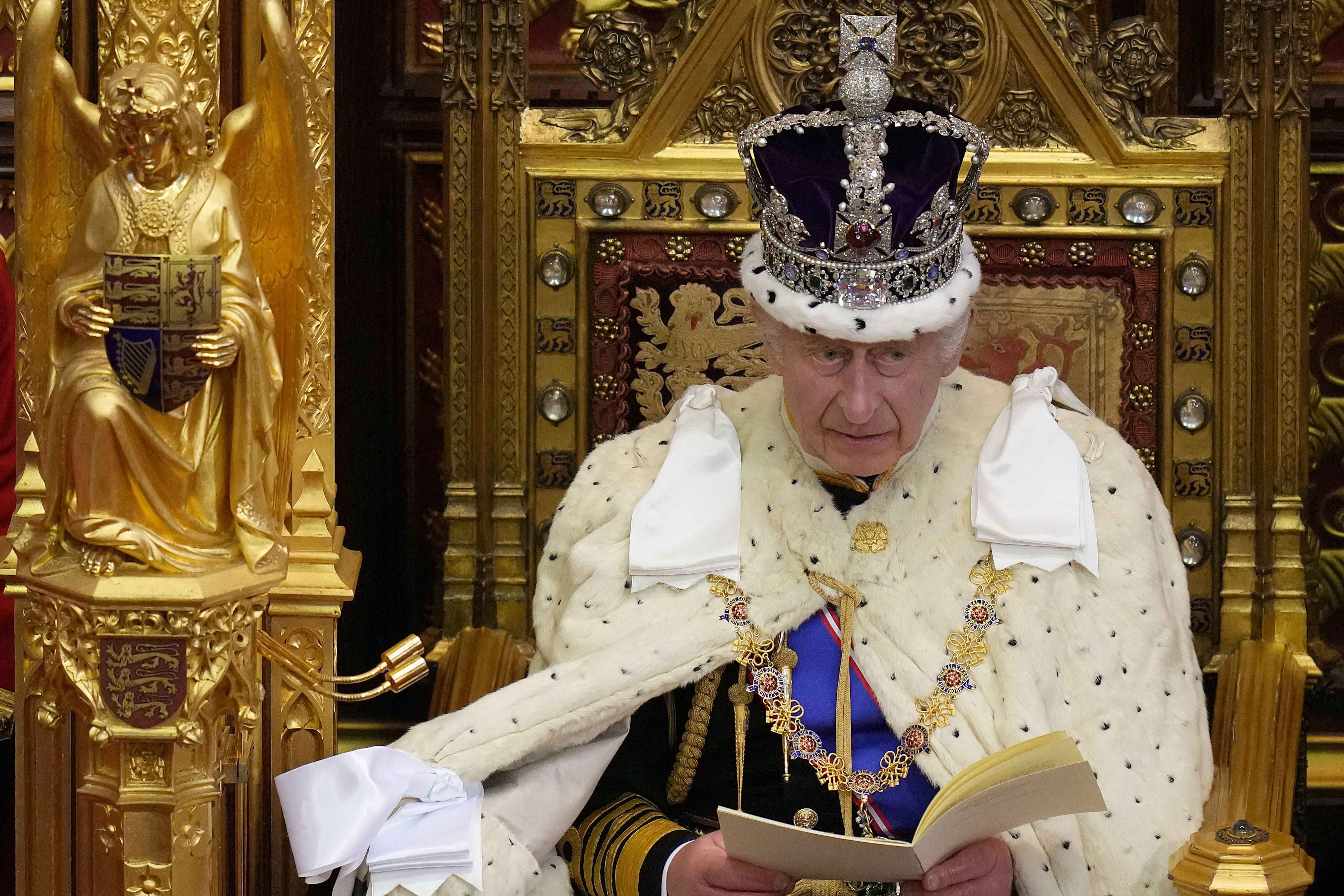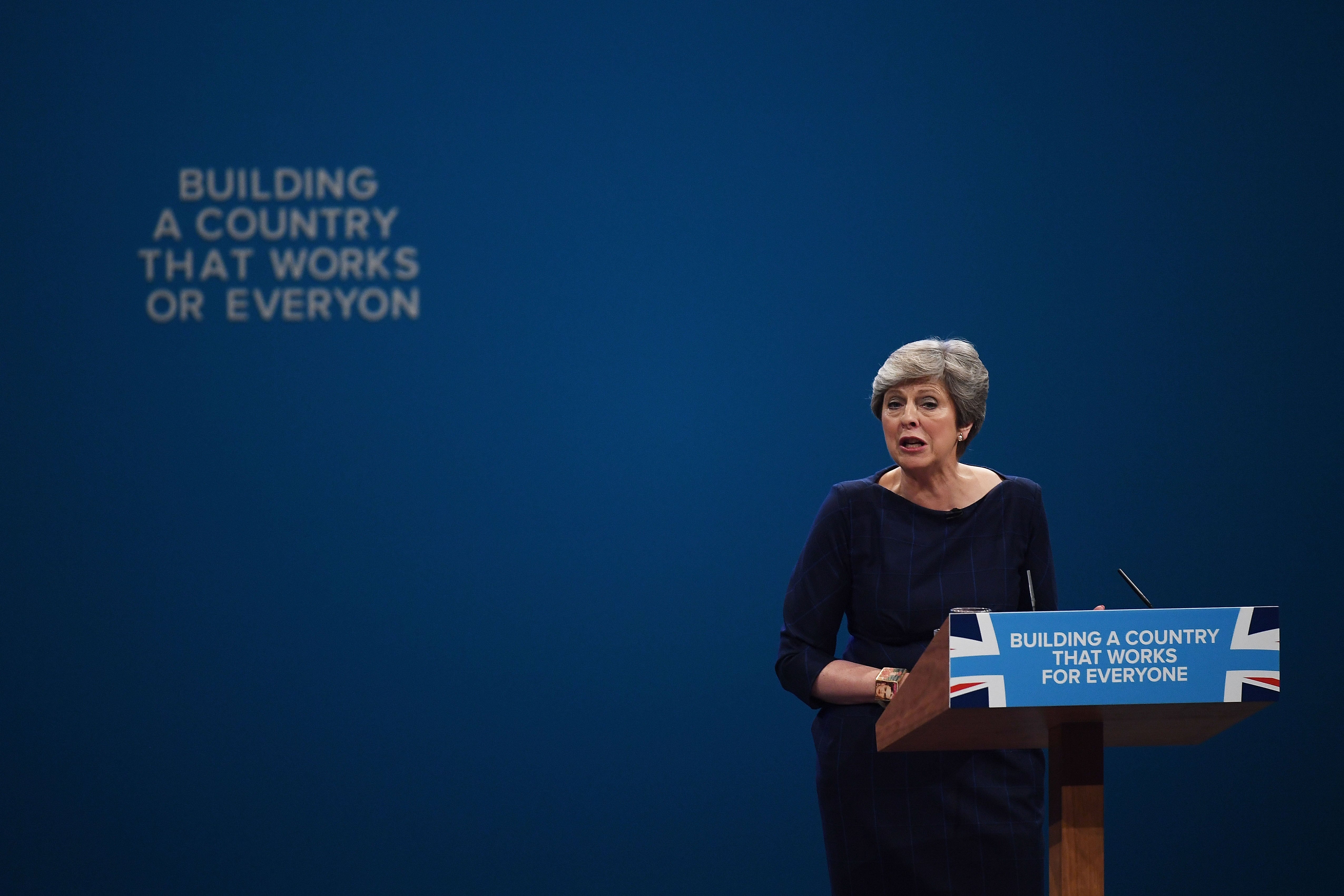Tory MP accuses government of ‘failing’ patients after Mental Health Act reforms dropped from King’s Speech
Exclusive: Government acccused of ‘betrayal’ over failure to bring forward legislation to ‘modernise’ act
Your support helps us to tell the story
From reproductive rights to climate change to Big Tech, The Independent is on the ground when the story is developing. Whether it's investigating the financials of Elon Musk's pro-Trump PAC or producing our latest documentary, 'The A Word', which shines a light on the American women fighting for reproductive rights, we know how important it is to parse out the facts from the messaging.
At such a critical moment in US history, we need reporters on the ground. Your donation allows us to keep sending journalists to speak to both sides of the story.
The Independent is trusted by Americans across the entire political spectrum. And unlike many other quality news outlets, we choose not to lock Americans out of our reporting and analysis with paywalls. We believe quality journalism should be available to everyone, paid for by those who can afford it.
Your support makes all the difference.The most vulnerable mental health patients have been failed by the government after it shelved a bill to reform the Mental Health Act, a long-standing Tory MP has said.
Sir Charles Walker, a long-term advocate for mental health services who has spoken about his own battles living with obsessive compulsive disorder, criticised Rishi Sunak for failing to bring forward legislation in the King’s Speech to “modernise” the 40-year-old act, despite it being a key plank of the Conservative Party manifesto in 2019.
It means changes to the act are highly unlikely to be passed before the next general election, with one charity accusing the government of “betrayal”.
Sir Charles, who sat on the government’s scrutiny committee for the Mental Health Act reforms, told The Independent that it was a “great shame” it had not been included in the speech.
“It’s a harsh characterisation [of the government], but I think we are failing them [patients],” he said.
The MP for Broxbourne, who first spoke about his mental health in 2012, added that the draft bill was a “really serious and considered piece of work” and that the “heavy lifting” had already been done.
“The government has done a lot of good work up to this point... All this comes to fruition when you turn it into legislation, and it becomes law,” he said.
“A large amount of the bill focuses on the most desperate [patients] – those most prone to be sent to detained environments. It focuses on how we look after the very illest people in society and how we try to respect their wishes when they’re most ill – how they would like to be treated as human beings, as well as patients.
“We’re not going to stop people getting ill, but actually, we can treat them better when they are ill.”

The reforms to the act were first promised in 2017 when former prime minister Theresa May commissioned a major review of the legislation, amid fears it is “outdated” and “not fit for purpose.”
The blueprint was published by the government in June 2022, outlining “once-in-a-generation” reforms to the Mental Health Act in line with the 2019 manifesto, which vowed to treat “mental health with the same urgency as physical health”.
The bill was set to make it mandatory for those using the powers of the act to detain people to consider racial inequalities which see Black people four times more likely to be detained under the Mental Health Act. It would also have introduced a new right to let patients who have been ill set out how they want to be cared for when they fall into crisis.
Steve Brine, chair of the government’s health select committee, also condemned the failure to bring forward the reforms.
“The draft bill, among its planned reforms, would outlaw the inappropriate detention of people with learning disabilities and autism,” he said. “Without change, too many people will continue to be held in secure units, often for years at a time. These reforms are long overdue.”

Dr Sarah Hughes, chief executive of the charity Mind said it was a “huge blow” that the long overdue Mental Health Bill has been missed out as it was a chance to “overhaul” the way care is given to those in mental health crisis and address “deep racial injustices” in the use of the act.
She added: “It is also a crucial chance to prevent people being stripped of their dignity, voice and independence when they are sectioned. That chance has now been missed, and the UK government has broken its promise to thousands of people, their loved ones and the nation as a whole to reform the act.”
“This is further evidence of how little regard the current UK government has for mental health... People with mental health problems deserve better than lip service from the politicians who are supposed to represent them at the highest levels of power.”

Mark Winstanley, chief executive of Rethink Mental Illness, said: “Today’s King’s Speech was the last opportunity for this government to honour its commitment to reform the Mental Health Act.
“The failure to introduce a Mental Health Bill is a profound betrayal to people who have been detained under the Mental Health Act and everyone who has campaigned for decades to reform it. It is difficult not to conclude that the march of progress to prioritise the nation’s mental health and challenge the stigma of mental illness has stalled.”
A Department of Health and Social Care spokesperson said it had promised to invest an additional £2.3bn until 2024 into mental health services, and was investing £200m from this year to “modernise and digitise” mental health services.

Join our commenting forum
Join thought-provoking conversations, follow other Independent readers and see their replies
Comments